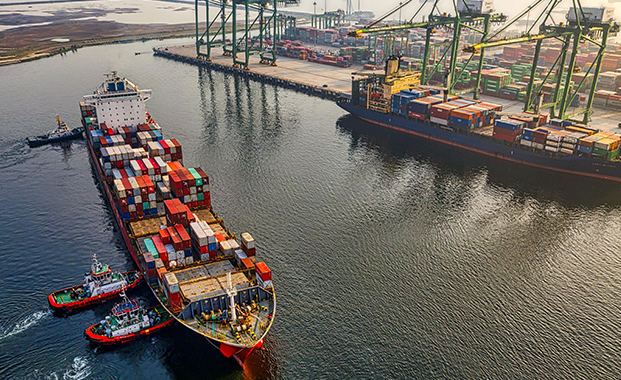Need to keep Asia engaged in tourism messaging
27 July 2021 | Research News
New Zealand’s biggest tourist markets lie in Asia, and we need to consider how to engage with those stakeholders when our borders re-open, Dr Hafsa Ahmed says.
Dr Ahmed is a Lecturer in the Department of Global Value Chains and Trade at Lincoln University, and her research focuses on stakeholder engagement.
She said before Covid hit, tourism was New Zealand’s biggest export earner and host to more than 400,000 jobs.
Dr Ahmed asked when our borders open, if our biggest tourism markets – China, Japan, South Korea, Singapore, Taiwan and Thailand - remember us.
She said the tourism sector understands this challenge and is keeping the markets engaged by encouraging future visitors to experience New Zealand through digital content, such as the “Messages from New Zealand” campaign.
However, she said, stakeholder engagement is about better understanding ‘to whom’ or ‘to what’ a business should pay attention but stakeholders in the New Zealand tourism sector are diverse and a 'one size fits all’ approach is problematic.
"The current campaigns are exactly that – they are not specific for the Asian markets. The best tactic to keep diverse stakeholder groups engaged is to change and tailor approaches for each of them.
"This is not unfeasible and can be achieved by answering three specific questions: who are they? what do they want? and how can we address what they need?
Tourism operators in New Zealand need to increase their virtual presence and genuinely engage with Asian markets to answer those questions.
"To address the third question - how can we address what they need? - needs collaboration, not just across tourism industry operators, but with this key stakeholder group.
"In a post-Covid world, it needs a design-thinking approach where deeper understanding of the stakeholder’s needs is essential and there is opportunity for innovative solutions."
Keeping Asia engaged with 100% Pure New Zealand needs responsible engagement with stakeholders with imagination, Dr Ahmed said.
This article appeared in full as an opinion piece on the Asia Media Centre website.


